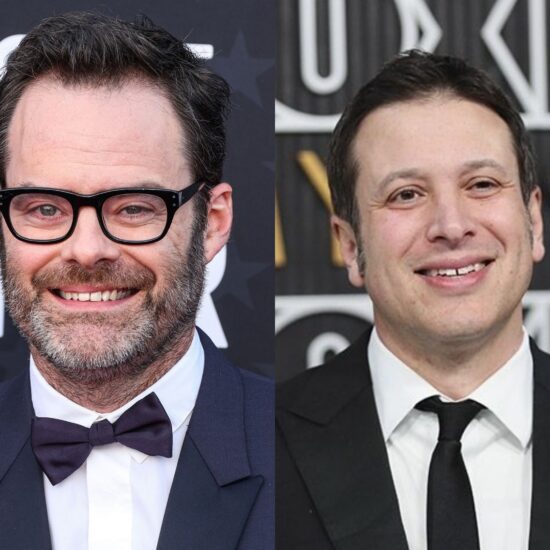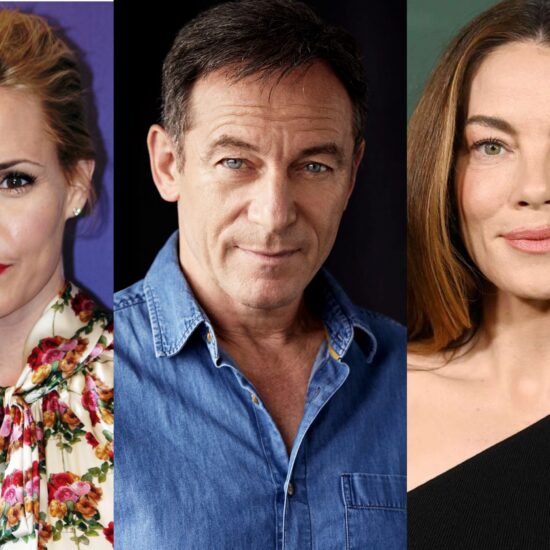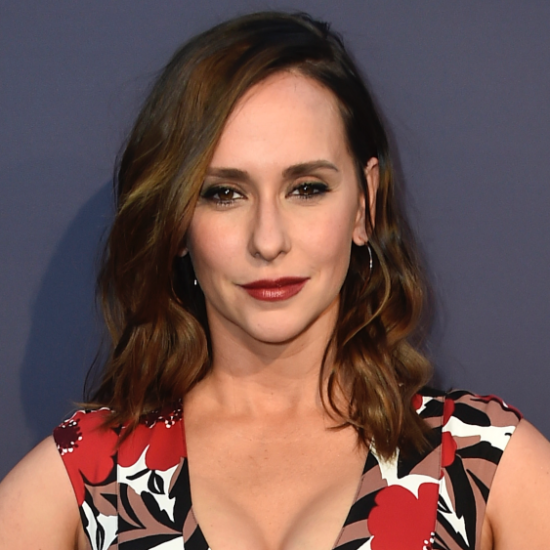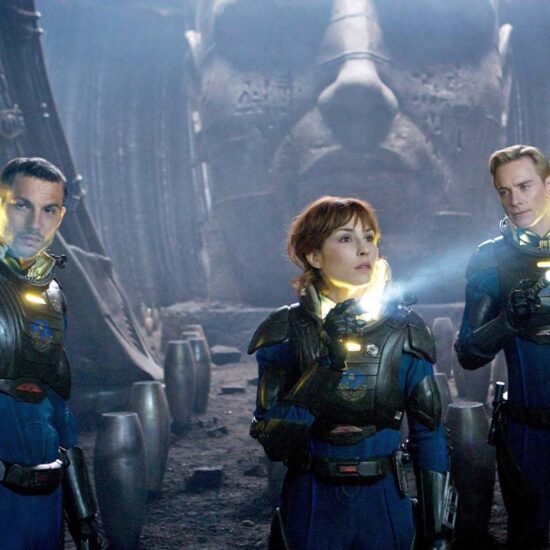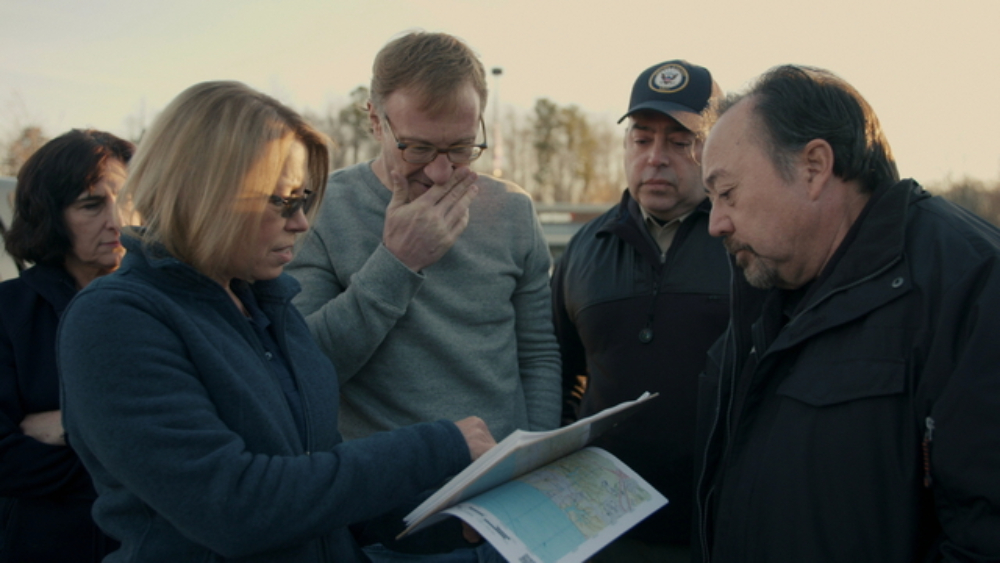
In 2016, documentary director Cynthia Hill received a LinkedIn message from Stephen Pandos, a man who believed that his parents were responsible for the 1987 disappearance of his 15-year-old sister, Jennifer Pandos.
Hill remembers reading the message and thinking, “there must be a story there.”
So the director of “Private Violence” and “What Happened, Brittany Murphy?” began filming Stephen.
“When you start a project you are never sure if there’s going to be anything there or not,” she says. “But we thought it was at least worth doing a test shoot.”
That test shoot was followed by seven-and-a-half years of filming Stephen as he launched his own investigation into what might have transpired at his parents’ house the night his sister vanished. While the investigation into the case threatens to destroy Stephen’s family, new leads emerge, calling into question everything that he believes.
Stephen’s strenuous journey for the truth is captured in Hill’s four-part HBO docuseries, “Burden of Proof.” The director spoke to Variety about using recreations, tracking down subjects and acting as both a director and mediator on the project.
You said that you don’t watch true crime docus, so what drew you to this one?
What drew me to the story was this emotional rollercoaster that Stephen had already been on and that he was continuing to be on.
Why do you think Stephen reached out to you 29 years after the disappearance of his sister?
He really wanted to find out what happened to his sister, and he was convinced that his father was responsible. We tended to believe that as well. That’s what the cops were telling us and the case file that we had access to led us all to believe that that likely was the scenario. So, for us it was not necessarily a whodunit. We weren’t trying to prove that (the father) did it. It was more about trying to just witness this destruction of this family and how you come out of that? Then of course there is this unexpected turn, and everything becomes even more complicated.
Was it always the plan to interview not only Stephen but his parents, as well as police involved in the case and numerous other central figures?
When we started filming, we had this list of must-haves. One was that Stephen’s mother and father must participate. Another one was that the police must participate. All of these things were musts for us to feel like we had something that was worthy of pursuing. Slowly but surely, we were able to check off all those boxes.
Was it difficult to convince people so close to the case to participate?
It took us maybe two years to get everybody.
In addition to Jennifer Pandos’ immediate family, you also spoke to her friends, relatives, and former boyfriend. How did you find all of these people?
I ended up bringing on a former investigative reporter who had worked for the Raleigh News & Observer. She came on board to really help us navigate the crime components and help us locate people, because I had never done anything like that before.
In the series you are a mediator of sorts between Stephen and his parents. Was that hard?
Yes. We actually ended up splitting the family members. I was responsible for mom. (Producer) Christine Delp spoke to Stephen a lot. I spoke to dad. Another producer, Andrea Weigl, was speaking to the cops. So we partitioned them off so that we could keep a little bit more perspective.
You rely on recreations to tell this story. What was that like?
I’m not a fan of recreations. I did not want to fall into that trap of using them because we don’t have B-roll. The recreations had to serve a purpose. I wanted that content to really emphasize the unreliableness of memory. Everybody has a different idea of what transpired. Also, everybody had different descriptions of Jennifer. That to me was super fascinating. I thought it was really important to convey that to the audience early on in the series. Also, I wanted to give the audience, hopefully, the idea that what we were showing in these recreations, for lack of a better word, is not what we consider truth. I didn’t ever want it to be mistaken for truth. I wanted it to be obvious for the audience that it is a visual interpretation from us, the filmmaking team.
The first two episodes of “Burden of Proof” debut on HBO June 6.









